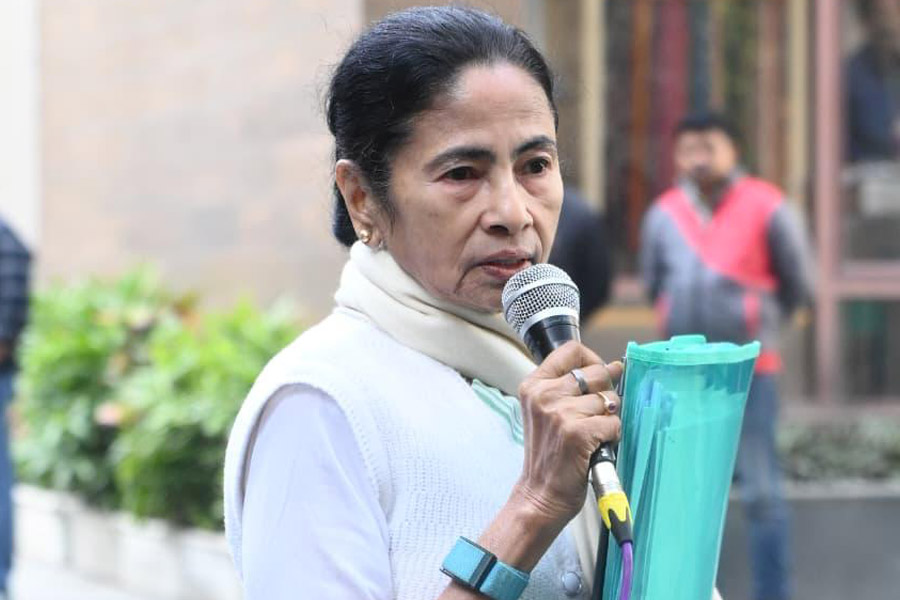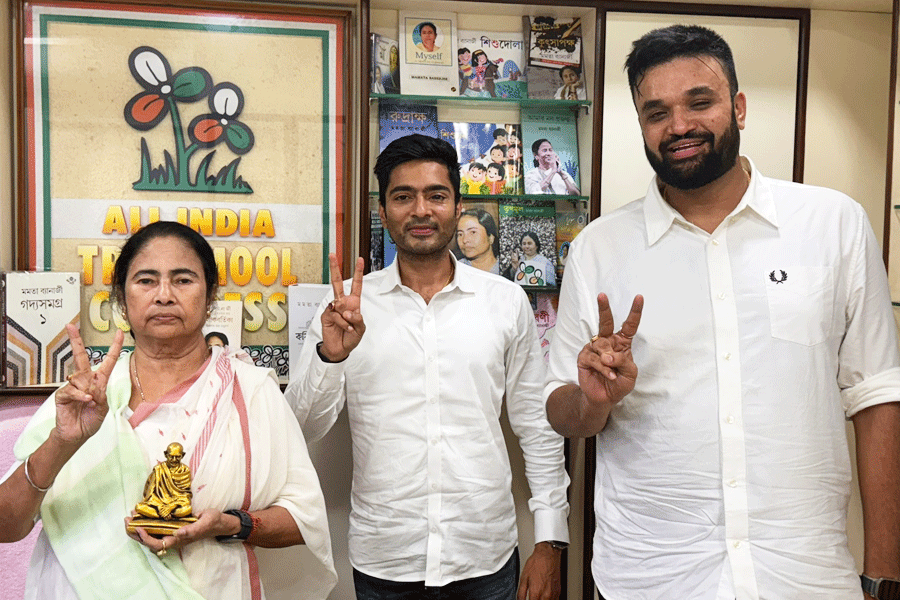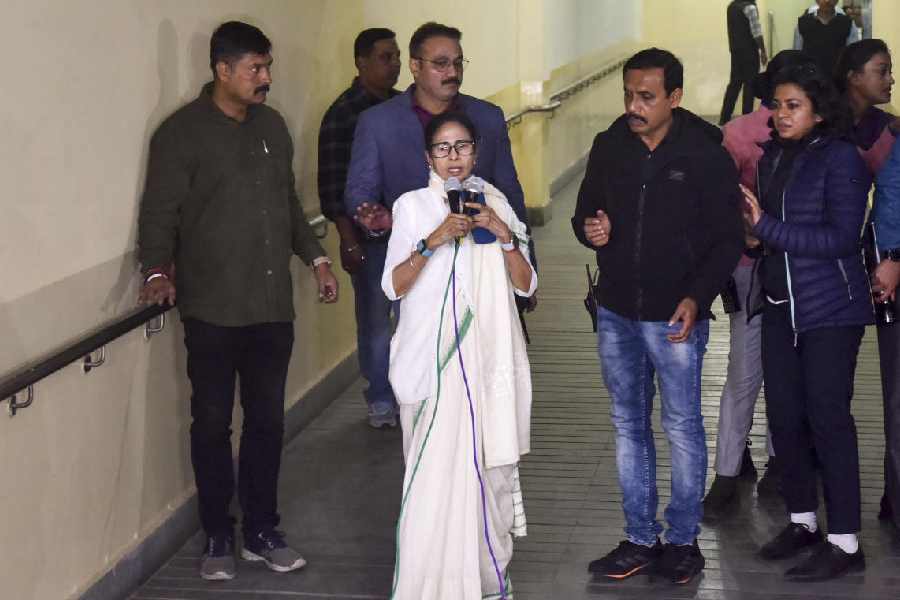New Delhi, Feb. 9: The Supreme Court has ruled that government employees cannot have two wives simultaneously if service rules prohibit multiple spouses and a violator is liable to be sacked even if he happens to be a Muslim.
Such dismissals cannot be construed as violation of Article 25 which guarantees every citizen the fundamental right to preach, practise and profess one's religious beliefs, the court has said.
In other words, the court has ruled that although Muslim personal law permits a man to marry four women, that does not offer protection against service rules that prohibit more than one spouse.
A bench of Justices T.S. Thakur and A.K. Goel said in the judgment: "As regards the charge of misconduct in question, it is patent that there is no material on record to show that the appellant divorced his first wife before the second marriage or he informed the government about contracting the second marriage. In absence thereof, the second marriage is a misconduct under the conduct rules."
The apex court delivered the ruling while dismissing an appeal by Khursheed Ahmad Khan, who challenged an Allahabad High Court verdict that upheld his termination by the Uttar Pradesh government for marrying two women despite the conduct rules prohibiting it.
In 2008, Khan was removed from service for proved misconduct of contracting another marriage during the existence of the first marriage without the permission of the government.
The appellant was employed as an irrigation supervisor of the tubewell division.
The charge against him was that while still married to one woman, he married another. Further, he gave misleading information to the authorities by claiming that he and his first wife had divorced.
He also filed an affidavit to claim his divorce from the first wife had taken place in 1999 before his second marriage in 2005.
The claim was proved to be false following which he was removed from service and the high court dismissed his plea. He appealed in the apex court.
Khan questioned the validity of the conduct rules, saying they violated Article 25 of the Constitution.
Rejecting the argument, Justice Goel who wrote the judgment, cited the apex court ruling in the Javed vs State of Haryana (2003) case: "What was protected under Article 25 was the religious faith and not a practice which may run counter to public order, health or morality."
In that judgment, it was also held that "polygamy was not an integral part of a religion and monogamy was a reform within the power of the State under Article 25. It was observed that a practice did not acquire sanction of religion simply because it was permitted.
"We are unable to hold that the conduct rule in any manner violates Article 25 of the Constitution. As a result of the above, we do not find any merit in this appeal which is dismissed," the bench said.











